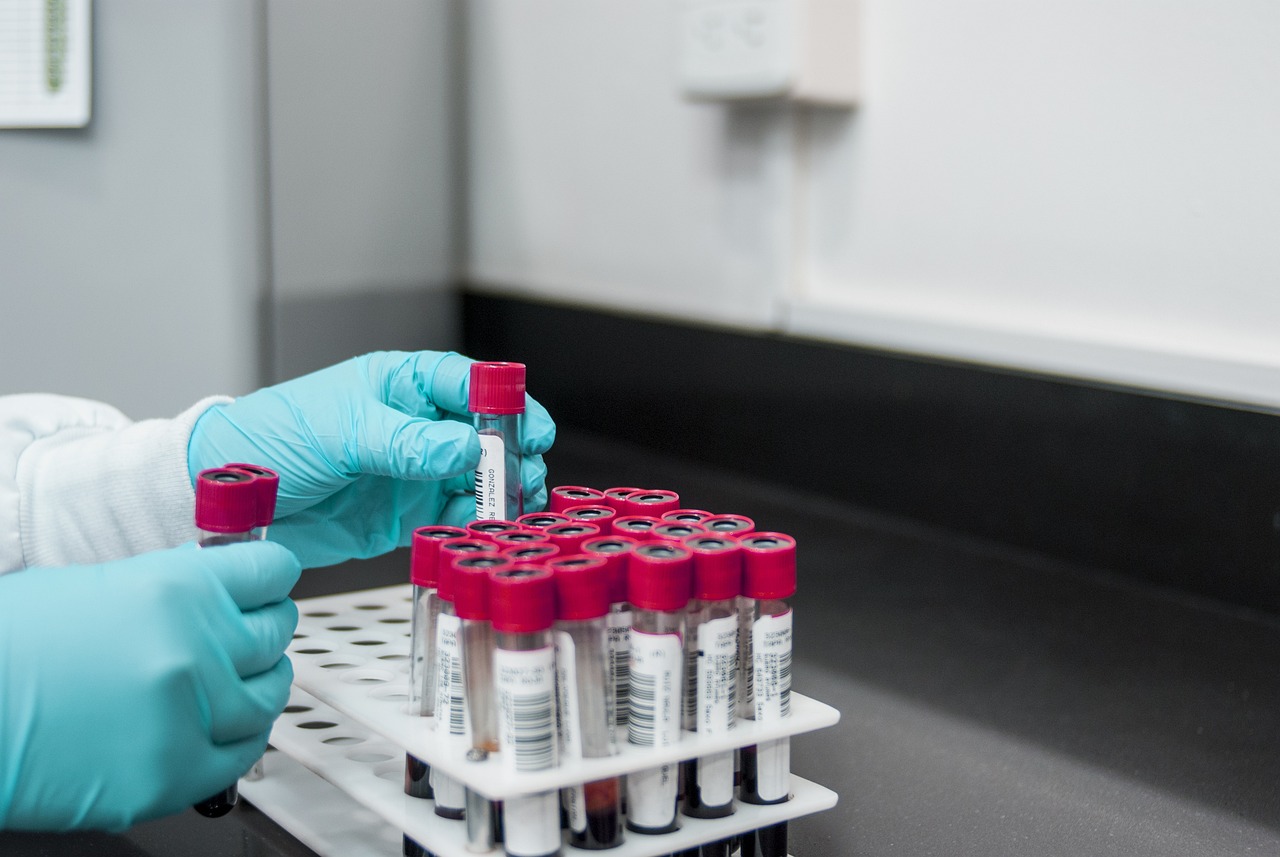News release
From:
Biological sciences: A blood test to measure human organ age
A new method to analyse the ageing of organs in humans may allow us to better predict disease risk and the effects of ageing, a Nature paper suggests. The analysis of more than 5,000 individuals reveals that nearly 20% of the population studied show strongly accelerated ageing in one organ, which may increase the risk of death and may indicate the presence of organ-specific disease. For example, accelerated brain and vascular ageing could potentially help predict the progression of Alzheimer's disease.
Ageing results in the deterioration of tissue structure and function and drastically increases risk of most chronic diseases. Previous studies in animals have shown that ageing varies between individuals and also between organs within an individual. However, whether this is true in humans and its effect on age-related diseases is unclear, and little is known about how human organs change molecularly with age.
Tony Wyss-Coray and colleagues assessed levels of human blood plasma proteins originating from specific organs to measure the ageing differences between organs of living individuals. Using machine learning models, the authors analysed ageing in 11 major organs — including the brain, heart and kidney — in 5,676 adults across the human lifespan. After estimating organ ages, they found that nearly 20% of the population show strongly accelerated age in one organ and 1.7% showed ageing in multiple organs. Accelerated organ ageing was found to increase risk of death by 20–50%, and organ-specific diseases were linked to faster organ ageing. Individuals with accelerated heart ageing were found to have a 250% increased risk of heart failure. Additionally, accelerated brain and vascular ageing were found to predict Alzheimer's disease progression as strongly as phosphorylated tau (a major hallmark of the disease), which is the current best blood-based diagnostic marker for Alzheimer's disease.



 International
International


